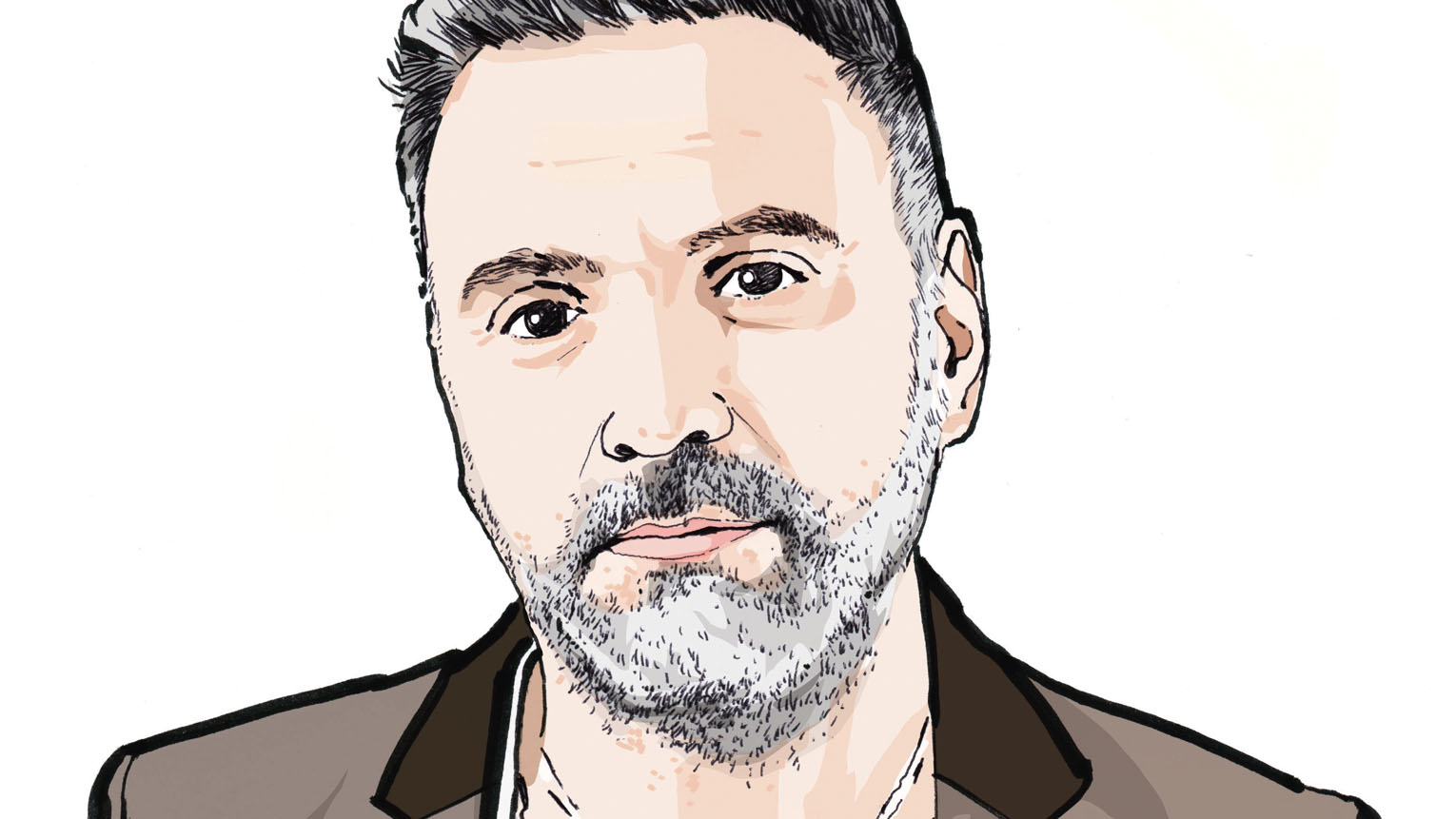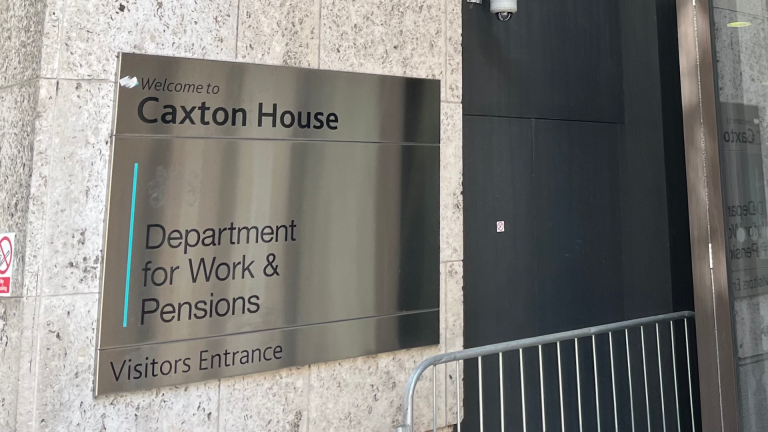A record label seemed exciting and had huge scope for accommodating loads of different skills.
“At the end of 10 years, I felt as if I hadn’t achieved anywhere near the kind of impact I wanted to,” he said. But ready to tackle the next phase of his plan head-on, he dived into research – visiting upwards of 40 prisons – and he asked prisoners about their aspirations.
Some guys wanted to work in fashion, some in filmmaking, but music was mentioned over and over again. “That lined up quite nicely with my skillset,” Armani laughs. “A record label seemed exciting and had huge scope for accommodating loads of different skills.”
But first he had to convince the prisons to let him in. His aim was to reduce reoffending, which costs the UK £15bn a year, but Armani knew that made no difference to the system he was trying to infiltrate. “They measure things according to violence and unemployment, and positive or negative behaviours on a day-to-day basis” he says.
“In UK prisons 80 per cent of people aren’t taking part in daily work, which means they are locked in their cells for 21 hours a day. It doesn’t take a genius to work out there’s a relationship between high unemployment and more than 30,000 violent incidents a year.”
“Many of the guys come from an entrepreneurial background,” he explains. “They understand pricing products, stock flow, supply and demand. For the wrong reasons, but they understand. So why are we giving industrial cleaning and bricklaying work to clearly entrepreneurial people who aren’t using their strengths?”
Those in charge of HMP Elmley in Kent took a chance on his idea in 2017. Then so did Standford Hill, Lewes and Rochester. Each time InHouse spread to a new prison, Armani asked for up to 20 of the most difficult prisoners to work with.
Advertising helps fund Big Issue’s mission to end poverty
While he now has 13 staff, InHouse once rested solely on Armani’s shoulders. He taught prisoners how to play instruments, how to write songs, how to record and how to manage. “The idea is that while we learn technical skills, I’m secretly building their competencies. Their communication, their ability
to deal with change, their accountability, teamwork, leadership. And their
self-esteem soars.”
He adds: “People would come up to me and say ‘Look, I want to get involved. I can’t sing, I can’t rap, I can’t play an instrument, but I love music.’ And I’d say ‘Cool, what were you involved in?’ and they say ‘Oh, I had a drug ring.’ Brilliant. They’ve got communication skills, they understand management, accountability. They can come and be a music manager.”
Within three months, HMP Elmley had recorded a nearly 40 per cent drop in difficult behaviour among that first group. Armani was eventually fielding constant calls from prisons that wanted InHouse.
The songs produced are mostly hip-hop, though some pop, rock and ballads slip through. “This music is storytelling that has meaning,” Armani says. “I hope that will connect with a chunk of the public because they will want to hear real music about change and transformation by people who have lived those stories.” InHouse teamed up with the Universal label and will be releasing music to the public in a matter of months.
The training and support continues after release, and 94 per cent of people freed from prison stay in touch with the InHouse team. Just like the workshops in prison, participants perform at a showcase every three months. Those who don’t want to pursue music still get help to work towards whatever they are interested in.
“I see our impact in the smallest and the biggest differences among the guys,” Armani says.
Advertising helps fund Big Issue’s mission to end poverty
“From how they listen to one another to the politeness they show, to empathy, to trust and taking responsibility. I see their personal change and their professional change and I’m incredibly proud of the steps that they take.”
This year the InHouse growth will continue on both sides of the bars. Armani wants to focus on the infrastructure in place for people released from prison, having seen how mistrusting many are of probation officers, sometimes their only source of support.
And he hopes the public will really listen to the material when it is released. His 30-year plan is still in place after all.










